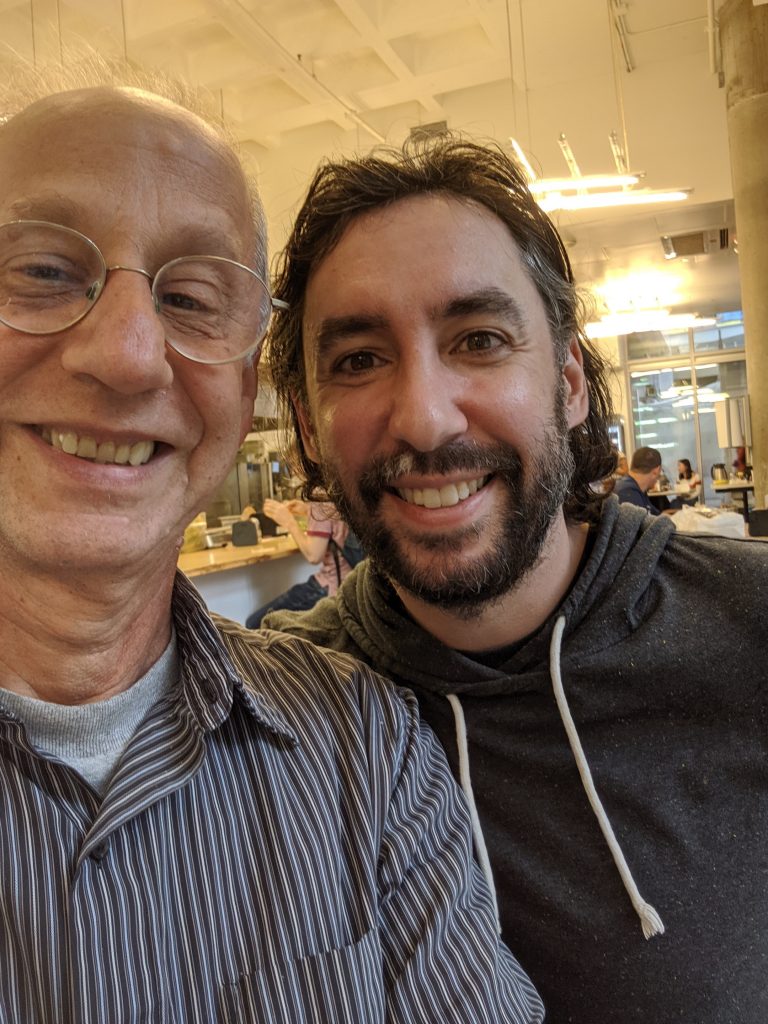February 19, 2021
The rise of the dash
Lauren Oyler’s “The Case for Semicolons” in the NY Times Magazine is an entertaining defense of a punctuation mark that has, alas, been losing steam.
But I was struck by her use of em dashes in the articles, for I am an enthusiast of semicolons who over-uses em dashes, as do many of us. Em dashes as grammatical marks are matched only by parentheses in the permissiveness of their use, so I do not find them as satisfying as a well-placed semicolon.
I’ve been informally watching dashes eclipse semicolons and parentheses for decades now, but rest assured that no data has been harmed in this pursuit. I’d love to know if the rise in the use of dashes — if there has been any such thing — coincides with the influence of the Web. Are they more widely used (if indeed they are) because the rules are more lax? Because we write on the Web more like we speak? Because we’re writing more complex sentences? More poorly structured sentences? Because of Hunter Biden’s laptop?
I expect to go the grave with this question unanswered.









